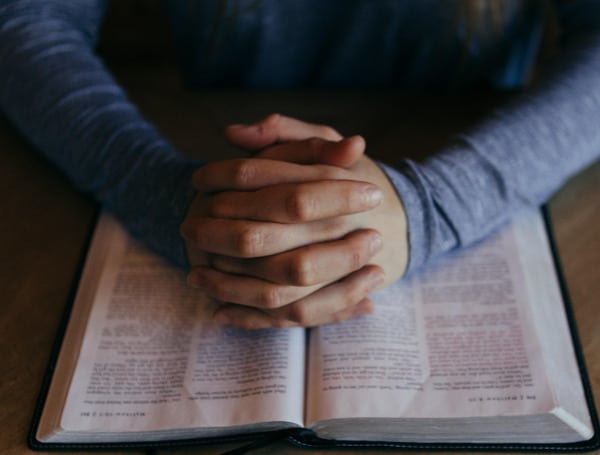Eight years ago, amid a rash of shootings that injured several children, the police chief in Ocala organized a prayer vigil for government and ci
Eight years ago, amid a rash of shootings that injured several children, the police chief in Ocala organized a prayer vigil for government and city leaders.
Chief Greg Graham, who died in 2020 in a plane crash, did so at the behest of local faith leaders. The event, which the Ocala Police Department publicly promoted, was held downtown and open to everyone.
As U.S. District Judge Timothy Corrigan noted in a 2018 ruling on a lawsuit that ensued from the event, it was undisputed that the police “knew who the shooters were, but could not persuade witnesses to come forward to testify.”
“Using all available means,” the judge noted of the cops, “their efforts included meeting with local leaders of the NAACP, who suggested to Chief Graham that the police reach out to the local faith-based community for help in convincing witnesses to cooperate.”
Ultimately, three white atheists who were members of the American Humanist Association objected to this attempt to solve a series of crimes plaguing the city’s black community. They warned the city to not hold the event, and then later sued after it occurred.
Corrigan ruled for the atheists in 2018. “While the Ocala Police Chief and his subordinates were no doubt well-intentioned and sincere in sponsoring the Prayer Vigil, their actions violated the First Amendment,” he wrote in his 62-page opinion.
He awarded the plaintiffs $2 each, after finding both the city as a whole and Graham individually were responsible.
The city did not give up, though, and on Thursday an appellate-court panel meeting in Alabama heard its appeal.
The city, as the News Service of Florida, reported, maintained in court records that the “secular purpose — i.e. to fight crime and catch the culprit — remained clear and understood by all, including the plaintiffs.” The city also argues that the vigil was actually sponsored and led by the faith community and the department’s volunteer chaplains. The chief only helped promote.
The plaintiffs counter that is not the point. “The government cannot act with the purpose of gathering citizens to pray for an hour and then say there was no religious purpose. That leaves nothing sacred,” their lawyers argued apparently unironically.
It may take months before a decision is rendered.
In an interview last December, Mayor Kent Guinn explained why he insisted that the city challenge the ruling.
“They’re telling us we’ve got to take the ‘God be with us’ off our seal, get rid of the chaplains’ program at the police department, stop using the word prayer, stop having prayer events. That’s not going to work,” Guinn told the Deseret News.
“It’s like you’re the kid on the school playground and the bully says, ‘Give me all your lunch money or I’m going to give you a knuckle sandwich!’ If you back down to a person like that, they’re going to keep coming and coming.”
“I’m a Christian, and I know we’re doing the right thing,” he added.
The good news for the city is that since the original ruling, former President Donald Trump appointed three Supreme Court justices.
The court now has a conservative majority, and it will soon decide a case involving a Washington state high school football coach who was fired after he prayed with student-athletes on the field after games. That ruling will likely be supported by lower courts.
As The New York Times noted on Monday, “Members of the court’s conservative majority indicated that the coach … had a constitutional right to kneel and pray at the 50-yard line after games.”
Visit Tampafp.com for Politics, Tampa Area Local News, Sports, and National Headlines. Support journalism by clicking here to our GiveSendGo or sign up for our free newsletter by clicking here.
Android Users, Click Here To Download The Free Press App And Never Miss A Story. Follow Us On Facebook Here Or Twitter Here.


COMMENTS